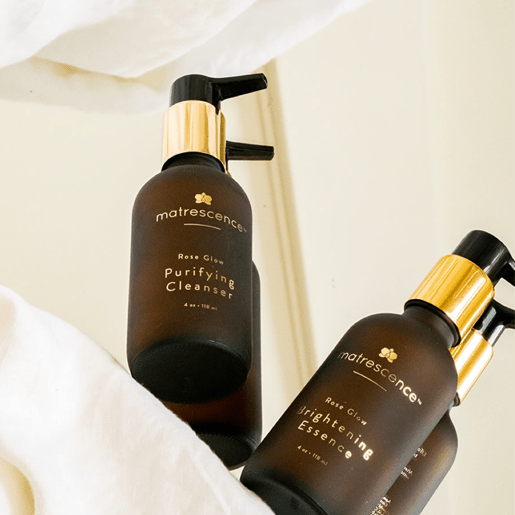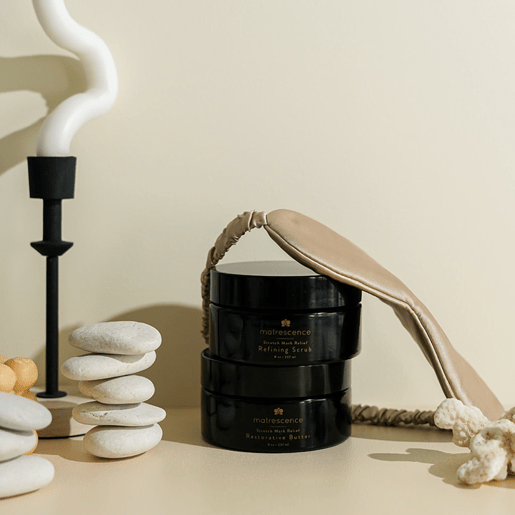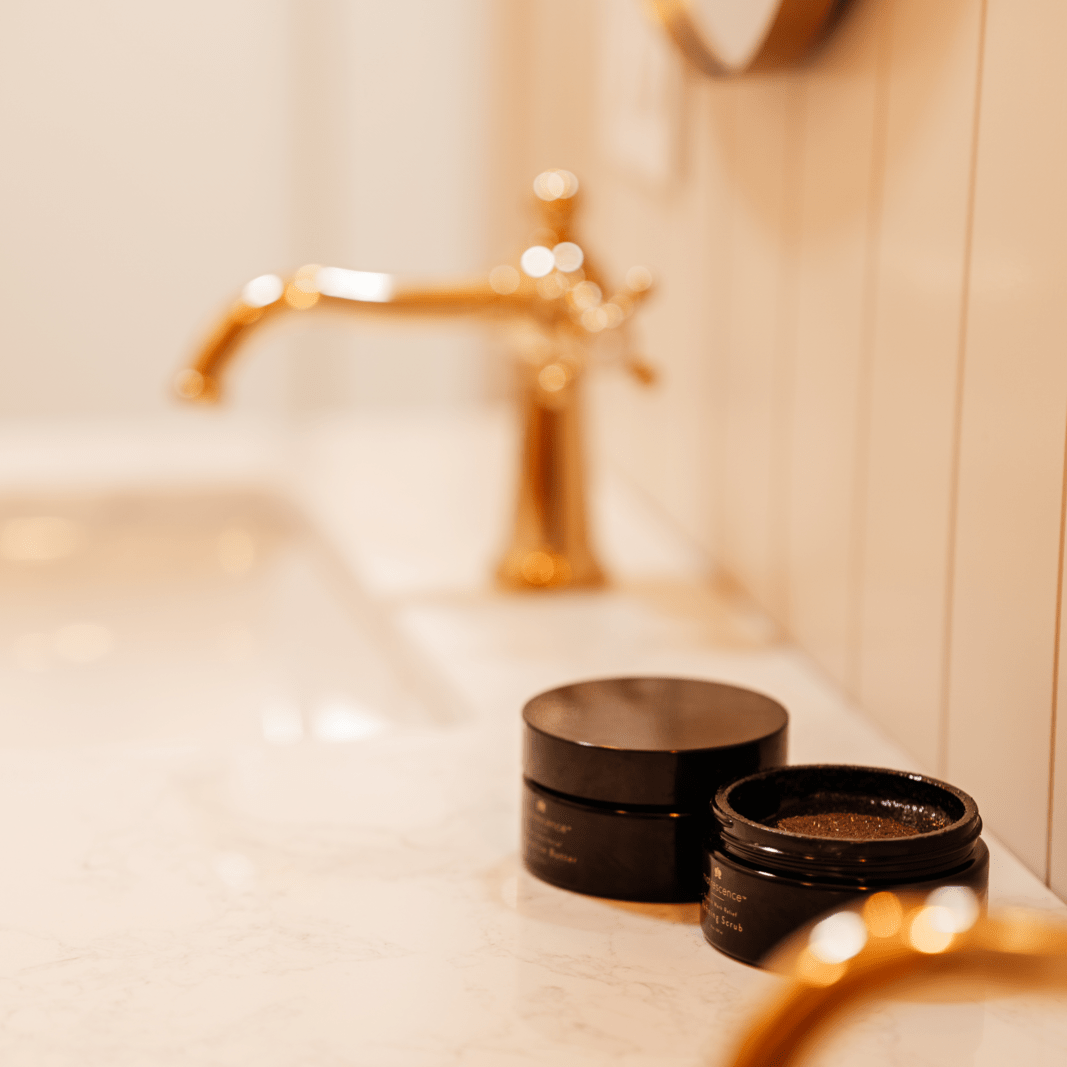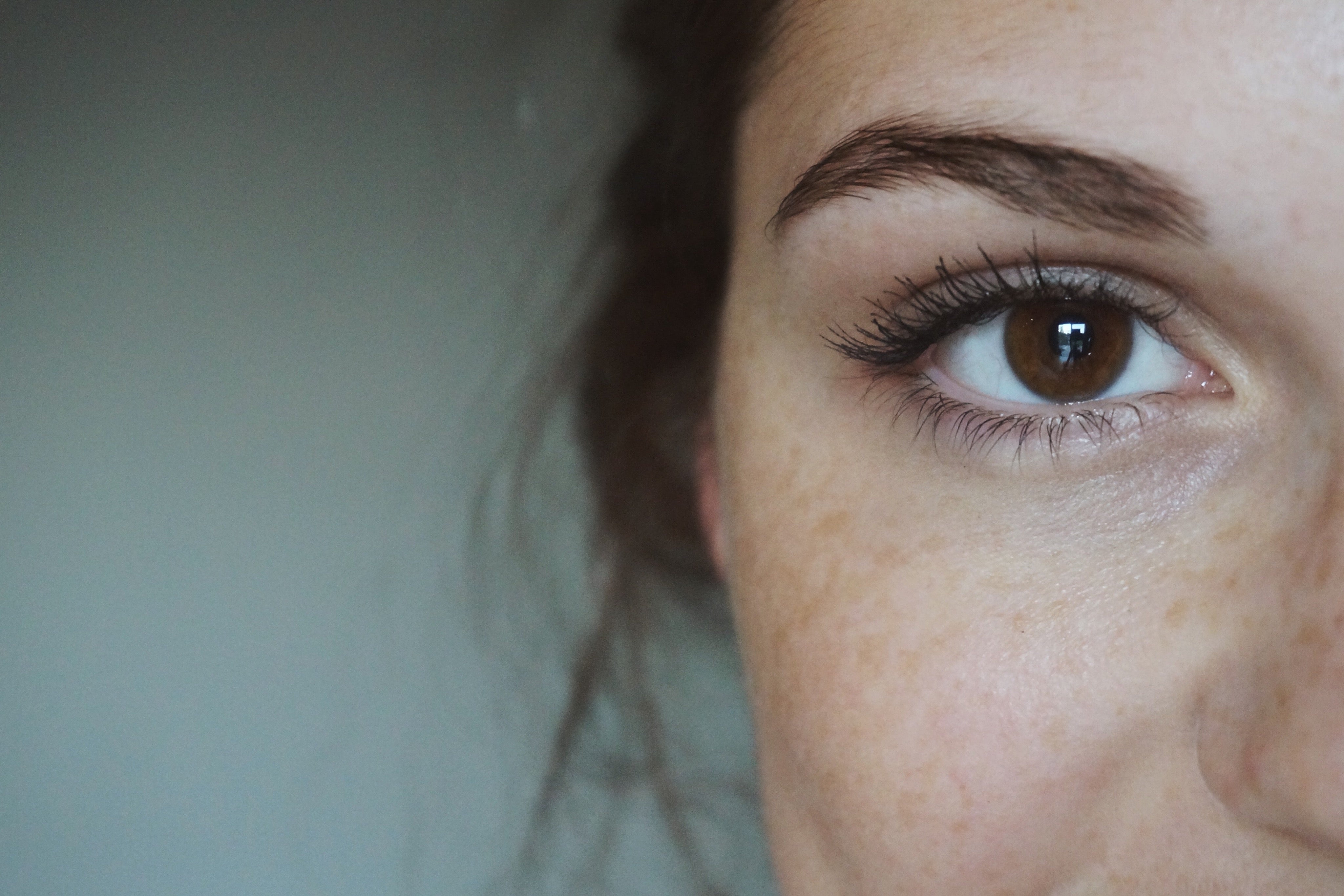If you’re pregnant and noticing darker areas of skin around your mouth, nose, jaw, and cheeks (in a mask-like pattern) then don’t panic! What you're experiencing is a side effect of pregnancy called melasma, that affects 50 to 75 percent of expecting moms.
What exactly is melasma?
Let’s just start by saying that melasma (muh-LAZ-muh) is in no way dangerous, though the condition tends to leave most women feeling a little self-conscious.
Also known as the "mask of pregnancy", melasma is a form of hyperpigmentation, characterized by darker patches of skin that range from brown to brown-gray in color. It's especially common in darker-skinned women, or those of Asian and African descent, who already have more pigment in their skin.
Does it only affect pregnant women?
While it’s very common during pregnancy, it can occur at any other time you go through major hormonal changes like during menopause or even due to a hormonal imbalance. Usually a steep rise in estrogen levels stimulates the excess melanin production that creates the condition.
The other major cause of melasma is sun exposure because over-exposure to UV rays can cause an over-production of melanin in the skin, which can then result in hyperpigmentation.
How can I treat it naturally?
While there are many skin lighteners containing hydroquinone marketed to treat the condition, if you're concerned about products and ingredient safety (and you should be!) then you'll want to steer clear of those.
Instead opt for these all-natural ingredients that will help brighten without irritation and fade the hyperpigmentation.
Natural Ingredients that Treat Melasma
Mushroom extracts
Shiitake and Linghzi mushrooms in particular are useful in treating a variety of skin issues and are the perfect inclusion in pregnancy skincare to treat melasma because of their rich concentrations of kojic acid, a natural hydroquinone substitute that will help to brighten the skin, fade dark spots and lighten the areas of hyperpigmentation without the irritating side-effects.
Linghzi also helps to block abnormal pigment production which will help to stop hyperpigmentation before it becomes visible.

Mushrooms are high in B-vitamins (niacinamide), humectants, and kojic acid for soothing, hydrating, and brightening the skin.
Sea buckthorn oil is another powerhouse ingredient, containing about 70% linoleic acid and alpha-linolenic acids, and research has demonstrated that linoleic acid and alpha-linolenic acid applied topically lightens hyperpigmentation. Sea buckthorn also contains Vitamin C, one of our favorite antioxidant vitamins that help brighten the skin and promote a gorgeous, healthy glow while reducing inflammation and boosting collagen production.
Sea Buckthorn, Shiitake and Linghzi mushrooms are featured in the Rose Glow Brilliance Protection Souffle that is specifically made to safely treat melasma and hyperpigmentation during pregnancy.
Can you prevent melasma?
Diet: You can’t control certain hormonal changes but your diet can play a part in keeping your hormones in check. Eating a healthy clean diet full of leafy greens and whole foods and sticking to a regular workout routine you enjoy will help hormonal balance. Eating foods rich in folic acid may also be helpful as studies have shown that a folate deficiency can be related to hyperpigmentation.
Sunscreen!: SPF should also become a holy grail skin care product for you. We are exposed to UV rays on a daily basis, from sitting in our cars to taking even short walks outside. It all adds up and the sun is your enemy when it comes to skin damage, and an increased risk of aging and hyperpigmentation.
Be sure to make SPF part of your daily skin care ritual, applying it generously after your moisturizer.
Hope this helps to clear things up for you (literally!)!
the guide
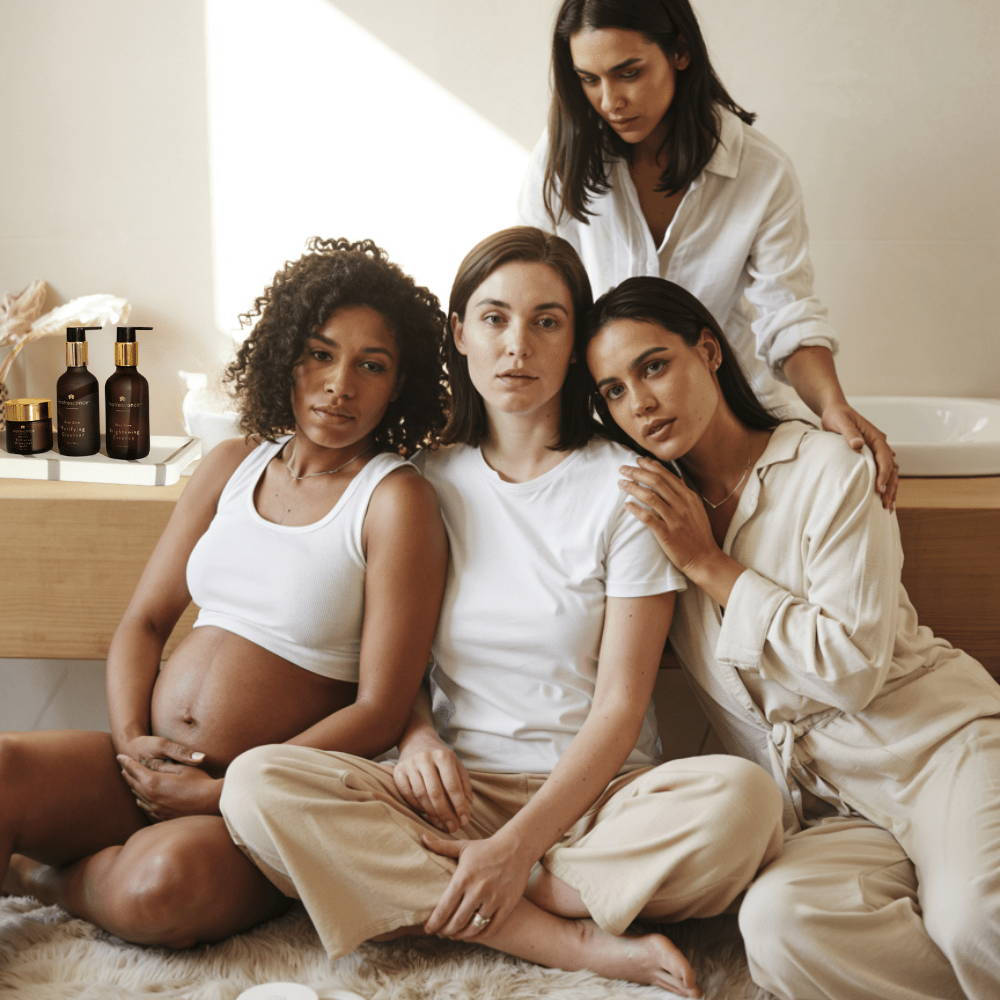
From PCOS to perimenopause, hormonal shifts happen at every life stage. Learn why hormone-safe skincare is a must—even if you’re not expecting.
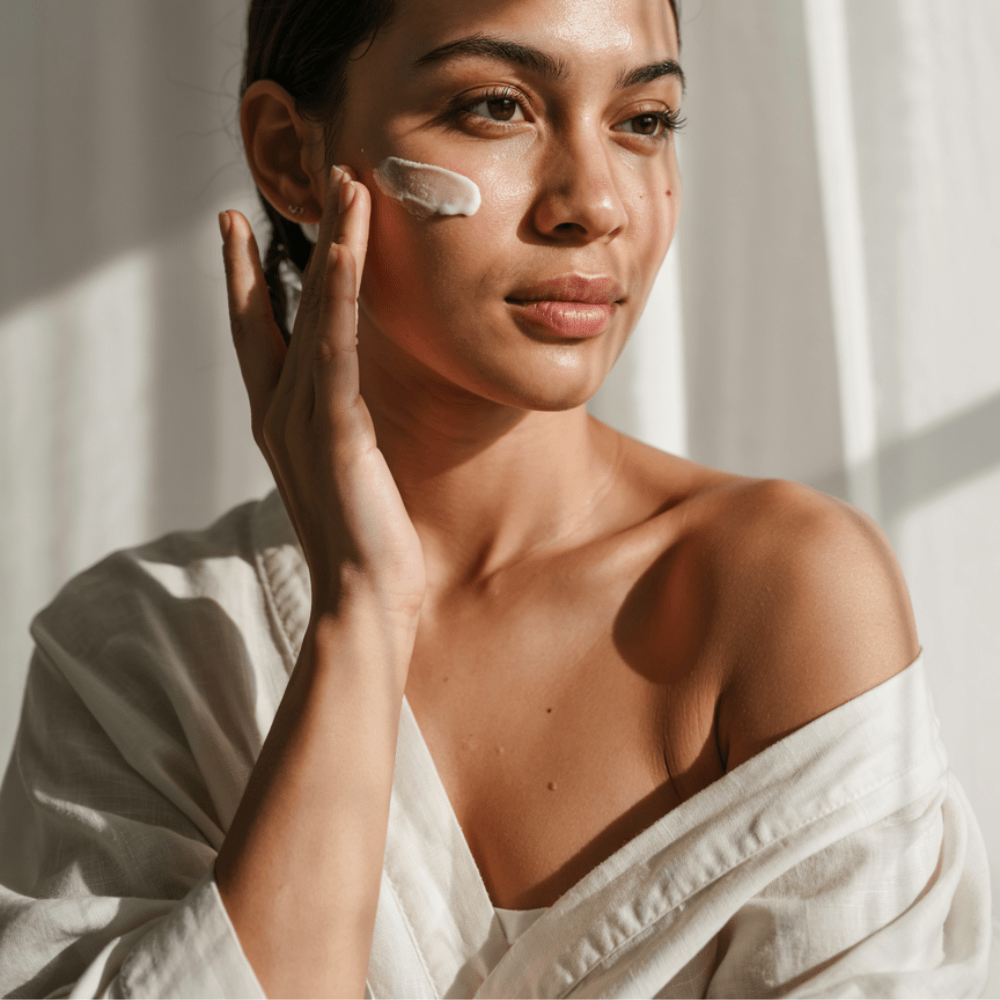
Whether you’re pregnant, postpartum, or perimenopausal, choosing the right ingredients makes all the difference. In this guide, we explain why endocrine disruptors matter, spotlight clean actives a...
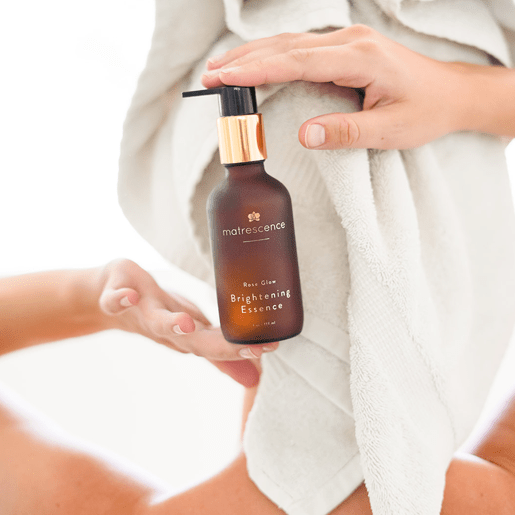
A deep-dive of our Brightening Essence. A dual-action toner and serum that gently exfoliates and hydrates to reveal a vibrant, more even complexion. Formulated for hormonally shifting skin, it help...



